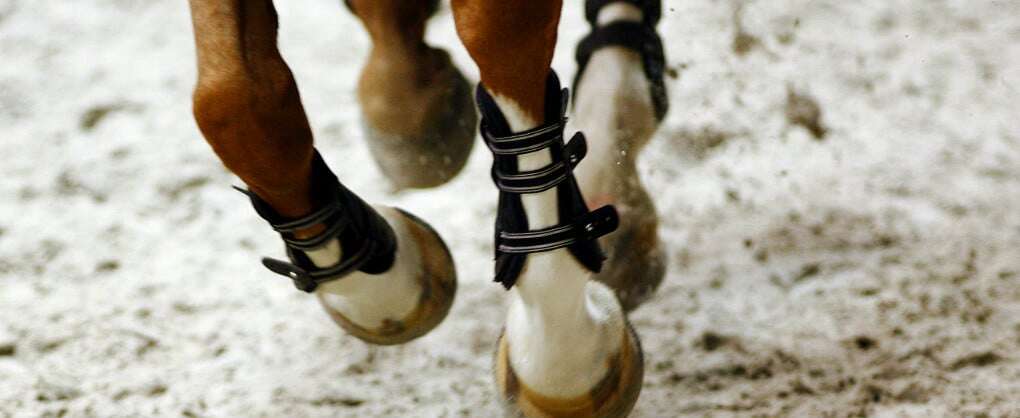There is sometimes some misunderstanding as to why insurance companies require health documentation when a horse is insured, hopefully, this will help to explain why it is required and why full disclosure benefits the horse owner.
When a horse is insured it is important for the owner and the Underwriter (the company that takes on the risk of the policy and pays for the claims) to both be in possession of the same information so that the policy can be underwritten correctly.
If a horse has been vetted in the current owner’s possession then this must be disclosed to the Underwriter, even if this is out of date for the insurance being purchased. Often horses are not insured at the point of purchase meaning that if insurance is bought more than 2 weeks after the horse is purchased the original vetting will be out of date. If this is the case and the horse is bought for more than £6,000 a second 2 stage vetting will be required.
To avoid the time and cost of having two vetting’s done it is important to consider whether or not you want to insure your horse when you buy it rather than a couple of months later.
We do appreciate that people would rather be riding their horse than organising paperwork and it is time-consuming but ensuring that all the information has been seen by Underwriters before the inception of the policy gives three benefits:
•You Know Where You Stand – exclusions for pre-existing conditions may be placed on the policy. The benefit for the individual policy holder is that they have ‘certainty’, i.e. they know exactly what they are covered for and what limitations are placed on the policy. If a policy holder feels they would like more cover than our Underwriters are willing to offer they can seek cover elsewhere or ask for the exclusion to be reviewed by providing more information. It must be noted that it is entirely up to Underwriters if they wish to refine or remove an exclusion as they do not have to agree to accept the risk that a horse poses.
•No Nasty Shocks – all insurance companies exclude pre-existing conditions from your horse’s insurance and your certificate will include a statement to this effect. By attempting to obtain full details of the horse’s health and asking for full disclosure we can place specific exclusions so there should be no nasty shocks when you submit a claim.
•Lower Premiums – the premium you pay correlates to the claims that have been paid and excluding pre-existing conditions means that only legitimate claims are paid, stopping fraudulent claims being paid and increasing premiums for all.
Hopefully, this has helped to explain our reasons for needing all the available health information and how it benefits the horse owner. As a final point, we want to discuss the difference between Continental and UK Vetting’s and why you may require a second vetting when purchasing insurance. UK vettings follow a set process and are all the same, Continental vettings however, do not follow the same structure, for example they may not have a period of rest and re-examination. If you are unsure as to what health documentation we may require when you purchase a horse, please contact us to discuss this.
Please also note that it is the policy holders responsibility to provide us with all health documentation known to them and requested. It is also the responsibility of the policy holder to fully read the documentation sent to them so that any exclusions are fully understood.
KBIS are one of the largest independent horse insurance providers, offering all types of insurance for the equestrian. Our products include horsebox and trailer insurance, breakdown insurance, personal accident cover, liability insurance and horse insurance – including a wide variety of veterinary fee options. You can get a horse insurance quote online or call 0345 230 2323.

